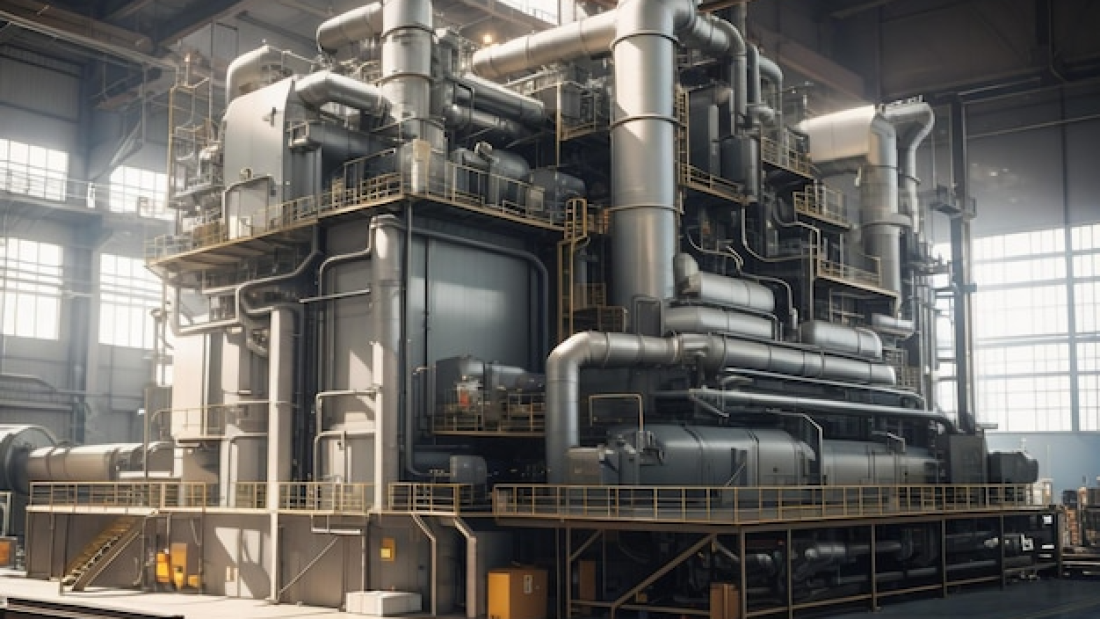As an industry that operates in some of the most demanding environments, reliability is paramount in oil and gas operations. From drilling to refining, every step of the process requires equipment that can withstand extreme temperatures, corrosive chemicals, and high pressure. One often overlooked yet critical component in ensuring reliability is rubber parts. These seemingly small components play a vital role in enhancing the overall performance and longevity of equipment.
The Role of Rubber Parts in Enhancing Reliability
Rubber parts serve as the linchpin of reliability in oil and gas operations. They are used in a wide range of applications, including seals, gaskets, diaphragms, and hoses. These parts are chosen for their exceptional durability, flexibility, and resistance to harsh conditions. By effectively sealing and protecting equipment, rubber parts prevent leaks, contamination, and mechanical failures. They act as a barrier against corrosive substances, ensuring the integrity of the system. Additionally, rubber parts provide vibration isolation, reducing wear and tear on equipment and minimizing the risk of catastrophic failures.
Related Topic: Customized Inflatable Seals: How Customization And Design Considerations Can Meet The Unique Needs Of B2B Customers
Types of Rubber Parts Used in Oil & Gas Operations
In oil and gas operations, a variety of rubber parts are employed to meet specific requirements. One common type is elastomeric seals, which are used to create a tight seal between two surfaces. These seals come in different forms, such as O-rings, gaskets, and packings, and are essential for preventing fluid leakage in pipes, valves, and connectors. Another type is diaphragms, which are flexible membranes that regulate the flow of fluids or gases. Diaphragms are widely used in control valves and pumps, ensuring precise and consistent operation. Flexible hoses made of rubber are also crucial for transferring fluids between different components of the system, withstanding high pressure and extreme temperatures.
Key Challenges in Using Rubber Parts in Oil & Gas Operations
While rubber parts offer numerous benefits, they also present challenges in oil and gas operations. One major challenge is the need for resistance to aggressive chemicals and hydrocarbons. The harsh substances found in oil and gas environments can degrade rubber over time, leading to premature failure. Temperature extremes are another challenge, as rubber parts must maintain their performance in both extreme cold and heat. Additionally, constant exposure to UV radiation and weather conditions can cause degradation and accelerated aging of rubber parts. Finally, the dynamic nature of oil and gas operations, including frequent pressure changes and mechanical stresses, puts significant strain on rubber parts, demanding exceptional durability.
Solutions for Improving Reliability with Rubber Parts
To overcome the challenges associated with rubber parts in oil and gas operations, several solutions can be implemented. Firstly, selecting the right type of rubber material is crucial. Different rubber compounds offer varying levels of resistance to chemicals, temperature, and mechanical stress. Conducting thorough material testing and understanding the specific requirements of the application can help identify the most suitable rubber material. Additionally, incorporating advanced manufacturing techniques, such as vulcanization, can enhance the durability and performance of rubber parts. Vulcanization involves cross-linking the rubber molecules, making them more resistant to degradation and improving their overall mechanical properties. Regular inspection and maintenance of rubber parts are also essential to detect any signs of wear or damage, ensuring early replacement and preventing unexpected failures.
Future Trends and Innovations in Rubber Parts and Solutions for the Industry
The field of rubber parts and solutions for the oil and gas industry is continuously evolving, driven by the need for increased reliability and performance. One future trend is the development of advanced rubber materials with enhanced resistance to aggressive chemicals and extreme temperatures. Innovative manufacturing techniques, such as 3D printing, are also being explored to create complex rubber parts with precise geometries and improved performance. Furthermore, the integration of smart technologies, such as sensors embedded in rubber parts, can enable real-time monitoring of their condition and performance, facilitating proactive maintenance and reducing the risk of failures. These advancements hold great promise for boosting reliability in oil and gas operations.
The Importance of Partnering with a Reliable Rubber Parts Supplier
In the pursuit of reliability in oil and gas operations, partnering with a reliable rubber parts supplier is paramount. A trusted supplier with extensive industry experience can provide the expertise and knowledge needed to select the right rubber materials, designs, and manufacturing processes. They can offer customized solutions tailored to the specific requirements of each application. Additionally, a reliable supplier ensures the highest quality standards, thorough testing, and compliance with industry regulations. By establishing a strong partnership, oil and gas companies can rely on timely delivery, consistent performance, and ongoing support, ultimately maximizing the reliability of their operations.
Conclusion: Harnessing the Potential of Rubber Parts to Boost Reliability in Oil & Gas Operations
Reliability is the cornerstone of success in oil and gas operations, and rubber parts play a crucial role in achieving it. These versatile components provide essential sealing, protection, and vibration isolation, ensuring the integrity and longevity of equipment in harsh environments. By selecting the right rubber materials, implementing proper maintenance practices, and leveraging innovative solutions, oil and gas companies can unleash the full potential of rubber parts to boost reliability. As the industry continues to evolve, partnering with a reliable rubber parts supplier becomes increasingly important, enabling access to cutting-edge technologies and tailored solutions. By harnessing the potential of rubber parts, the oil and gas industry can enhance reliability, safety, and efficiency, paving the way for a successful future.
Contact us today at info@westpolyrub.com to explore how our reliable rubber parts and solutions can enhance the reliability of your oil and gas operations or visit our Inflatable seals to check out specialized rubber products of Wespo.


Add a Comment